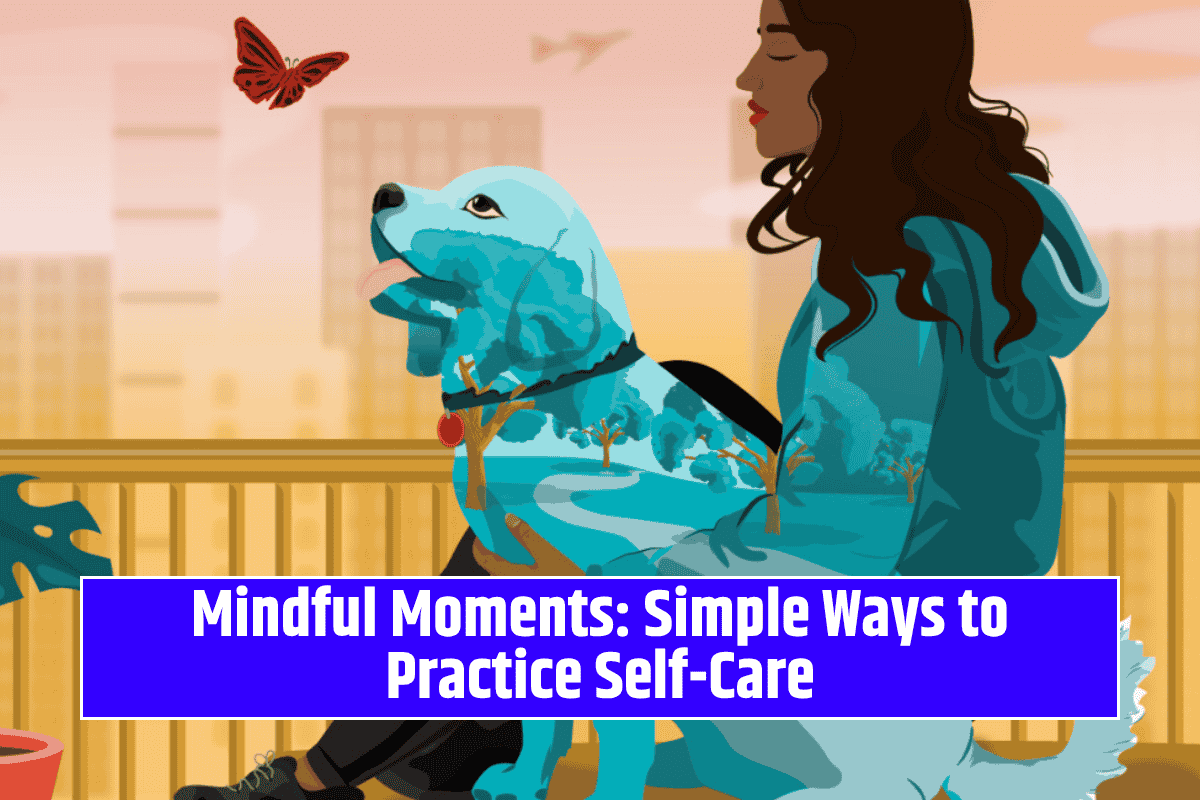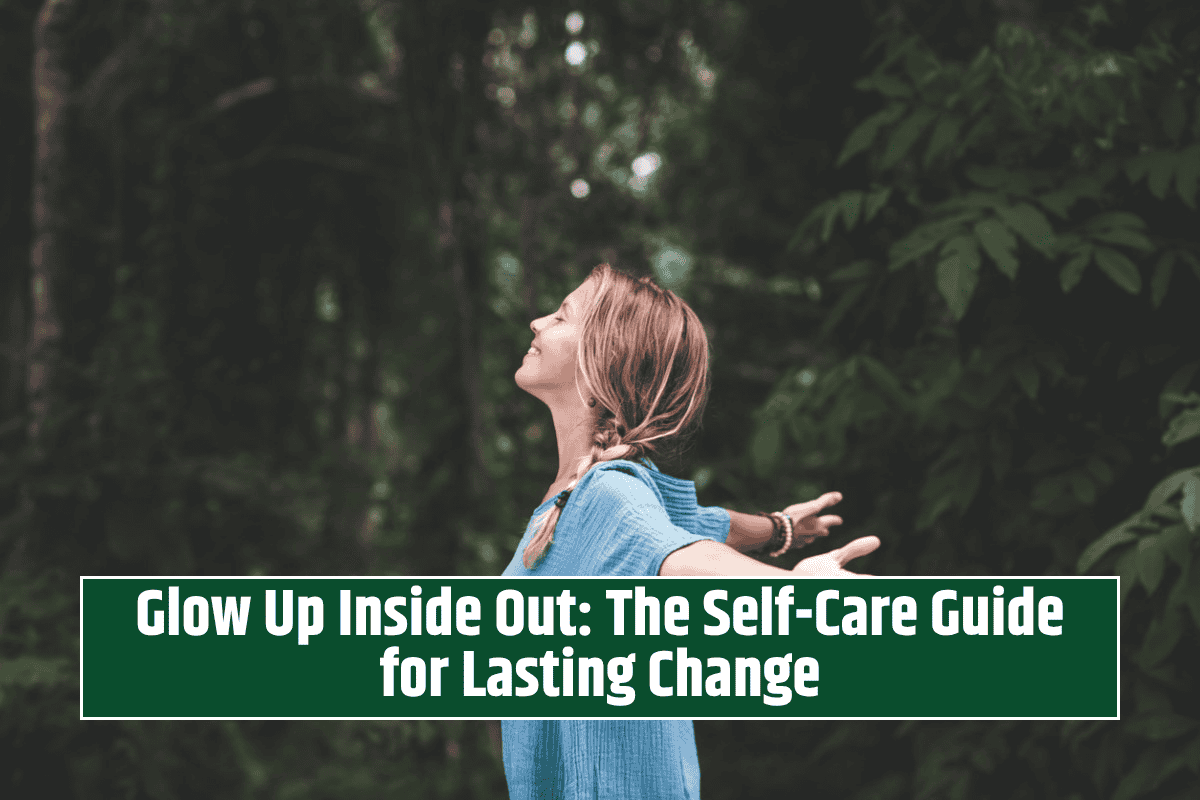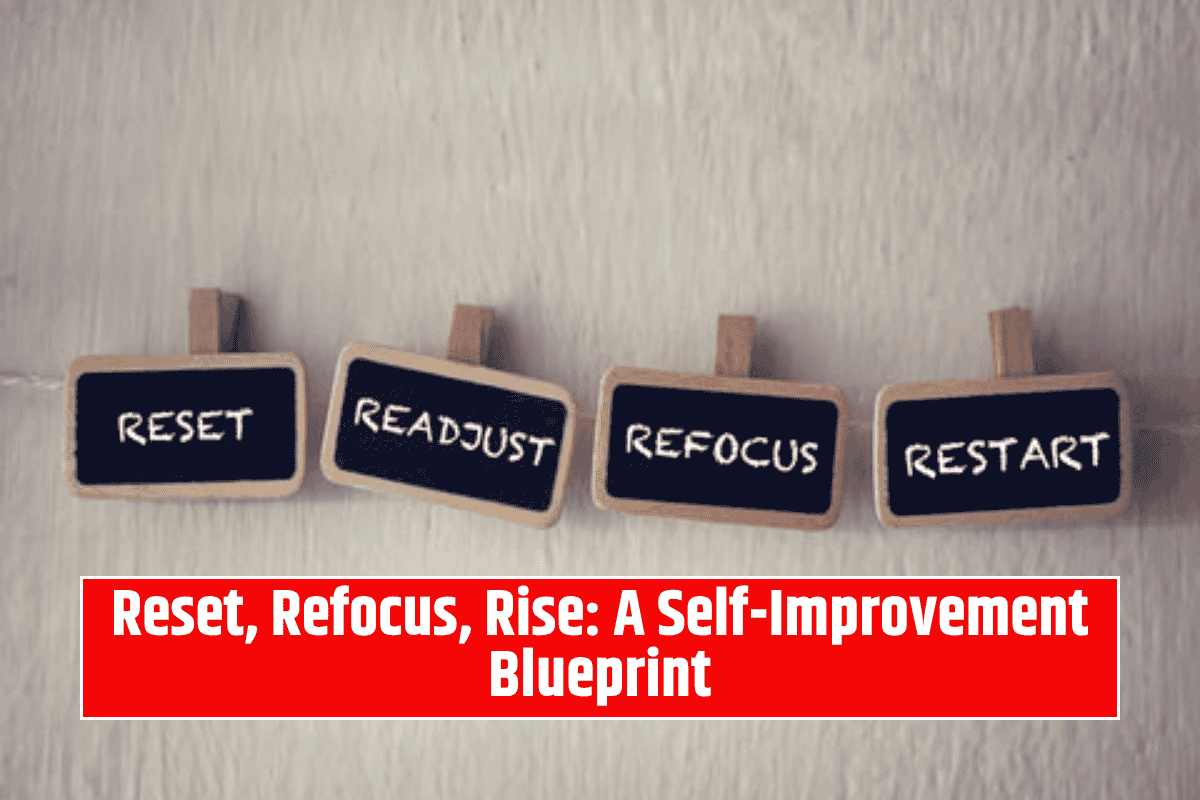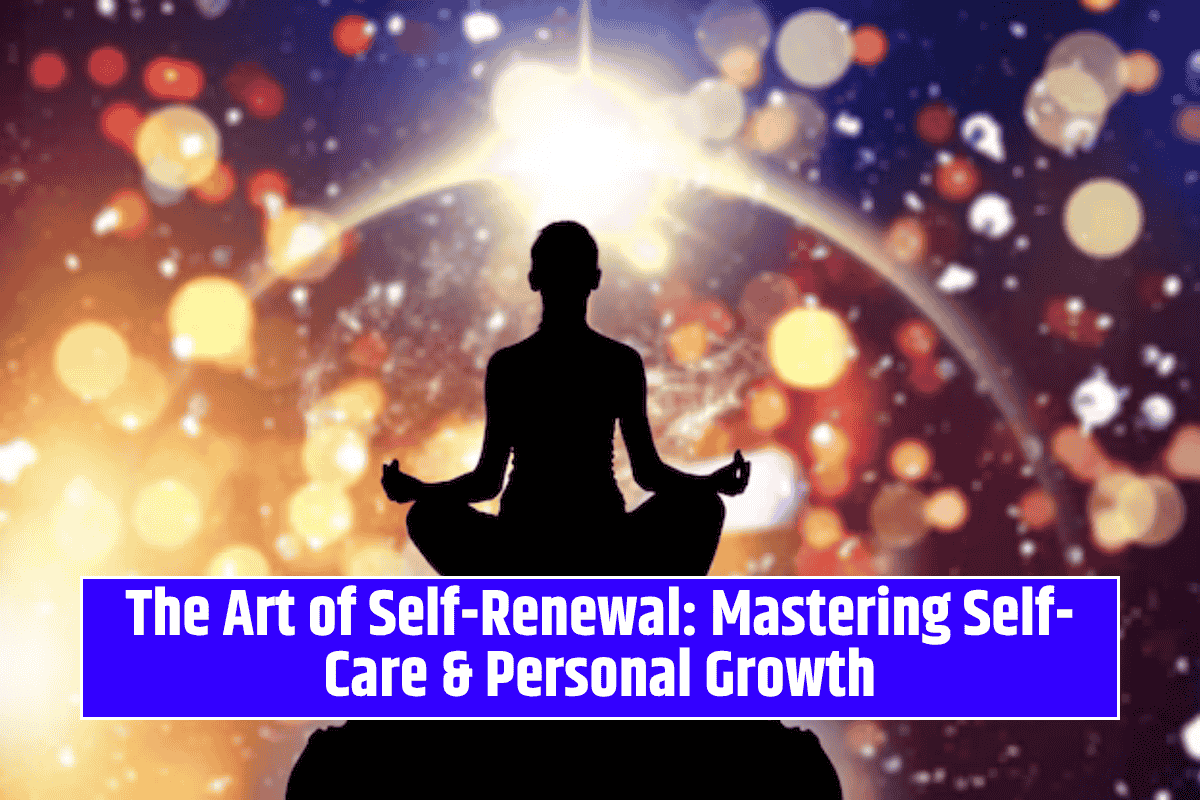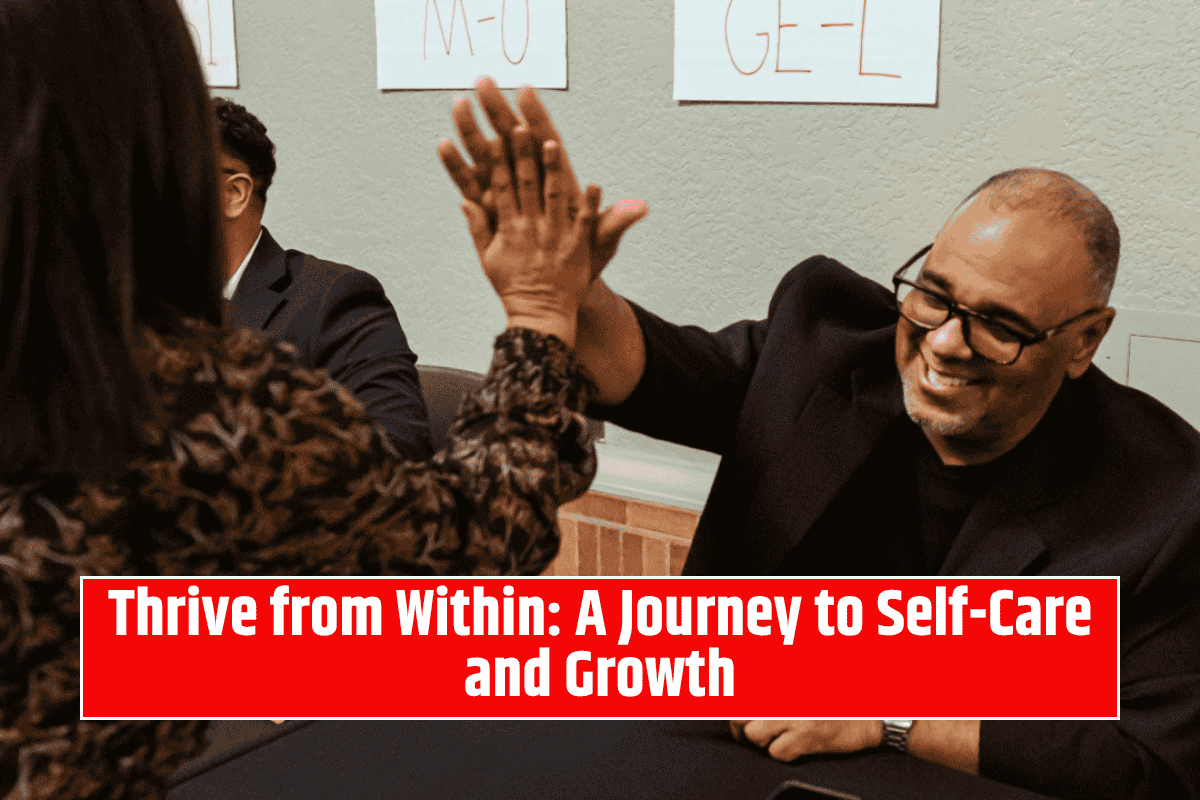In our busy lives, it’s easy to forget to take care of ourselves. Between school, work, and everyday responsibilities, it can feel like there’s little time left for relaxation or reflection.
However, practicing self-care doesn’t always require long hours or complicated routines.
Why are Mindful Moments Important for Self-Care?
Mindful moments are moments of quiet awareness where you focus on the present. In a world full of distractions, it’s easy to rush through life without noticing how we’re feeling. Mindfulness helps to slow things down, allowing you to tune in to your body and mind.
These moments can reduce stress, improve focus, and enhance your emotional health. By incorporating small mindful practices into your routine, you can experience greater peace and better manage daily challenges.
Simple Ways to Practice Self-Care Through Mindfulness
- Deep Breathing
One of the easiest and most effective ways to practice mindfulness is through deep breathing. When you’re feeling stressed or anxious, take a few moments to focus on your breath. Sit in a comfortable position, close your eyes, and take slow, deep breaths in through your nose and out through your mouth. This simple exercise can help calm your mind and relax your body, even if you only have a minute or two.
- Taking a Walk in Nature
Walking outdoors, especially in natural settings like parks or forests, can be incredibly therapeutic. Nature has a calming effect on our minds, and taking a walk gives you the chance to clear your head. Focus on the sights, sounds, and smells around you. Walking without any distractions allows you to fully engage with your surroundings and be present in the moment. Even a short walk can help refresh your mind and lift your mood.
- Mindful Eating
Mindful eating involves paying full attention to the food you’re eating. Instead of rushing through meals or eating while distracted, try to slow down and savor each bite. Notice the colors, textures, and flavors of your food. This practice not only helps you appreciate your meals more but also allows you to be more in tune with your body’s hunger and fullness cues, helping you make healthier choices.
- Journaling for Clarity
Taking a few minutes each day to write down your thoughts and feelings can be a great way to practice self-care. Journaling allows you to reflect on your day, identify any stressors, and process your emotions. You don’t have to write long entries – even a few sentences can help clear your mind and bring clarity. It’s a simple way to check in with yourself and acknowledge your thoughts and feelings.
- Listening to Music
Music has the power to lift your mood and help you relax. Whether it’s a calming playlist or your favorite upbeat songs, taking a few moments to listen to music can help shift your mindset. Music can act as a form of mindfulness, helping you focus on the sounds and rhythms while giving your mind a break from everyday stress. Choose music that resonates with your mood and let it bring you peace.
- Stretching or Gentle Movement
If you’ve been sitting for a long time or feeling tense, stretching or gentle movement can be a great way to reconnect with your body. Take a few minutes to stretch your arms, legs, and back. Focus on how your body feels as you move, paying attention to any areas of tension. Gentle yoga or even a few simple stretches can help release physical stress and improve your overall sense of well-being.
- Meditation or Guided Relaxation
Meditation is a well-known practice for calming the mind and reducing stress. You don’t need to meditate for long periods of time – just a few minutes of focused breathing or guided relaxation can help center your thoughts. You can find many free guided meditations online or use apps that offer short sessions. Even a brief session can leave you feeling refreshed and more connected to the present moment.
- Disconnecting from Screens
Spending too much time on screens – whether it’s your phone, computer, or television – can contribute to stress and mental fatigue. Taking time away from screens, even for a few minutes, can help you reconnect with yourself. Use this time to read a book, step outside, or simply sit quietly and breathe. Unplugging for short periods can help clear your mind and recharge your energy.
The Long-Term Benefits of Practicing Mindful Self-Care
When you make mindfulness and self-care a part of your daily routine, the benefits go beyond just feeling better in the moment. Over time, practicing self-care can:
- Reduce Stress and Anxiety: Regular mindful practices help lower stress levels and promote a sense of calm.
- Increase Self-Awareness: Taking time to reflect on your thoughts and feelings can improve your understanding of your needs and desires.
- Enhance Emotional Health: Mindfulness helps you regulate your emotions, leading to greater emotional stability.
- Improve Relationships: Being mindful allows you to be present with others, improving communication and deepening connections.
- Boost Physical Health: Activities like walking, stretching, and mindful eating contribute to better physical well-being.
Taking mindful moments throughout your day is a powerful and simple way to practice self-care. Whether through deep breathing, nature walks, or even a few minutes of journaling, these small actions can help reduce stress, improve focus, and promote emotional well-being.
Incorporating mindfulness into your daily routine doesn’t have to be time-consuming or complicated. By taking just a few moments each day to check in with yourself, you can create a life filled with greater balance, peace, and joy.
FAQs
What is mindful self-care?
Mindful self-care involves taking time to focus on the present moment and engaging in simple practices that promote relaxation and well-being, such as deep breathing, journaling, or taking a walk.
How can I practice self-care without a lot of time?
You can practice self-care in short moments throughout the day, such as deep breathing, stretching, or taking a few minutes to write in a journal. These small actions can help reduce stress and improve your mood.
What are the benefits of mindful self-care?
Mindful self-care helps reduce stress, improve emotional health, enhance focus, and increase overall well-being. It allows you to connect with your needs and take action to care for yourself.
How can mindful eating help with self-care?
Mindful eating involves paying full attention to the food you’re eating, which helps you appreciate your meals and tune in to your body’s hunger and fullness signals, promoting better digestion and healthier eating habits.
What are some easy self-care practices I can try?
Some easy self-care practices include deep breathing, journaling, taking walks, stretching, and practicing mindfulness. These simple activities can help you feel more relaxed and focused throughout your day.
